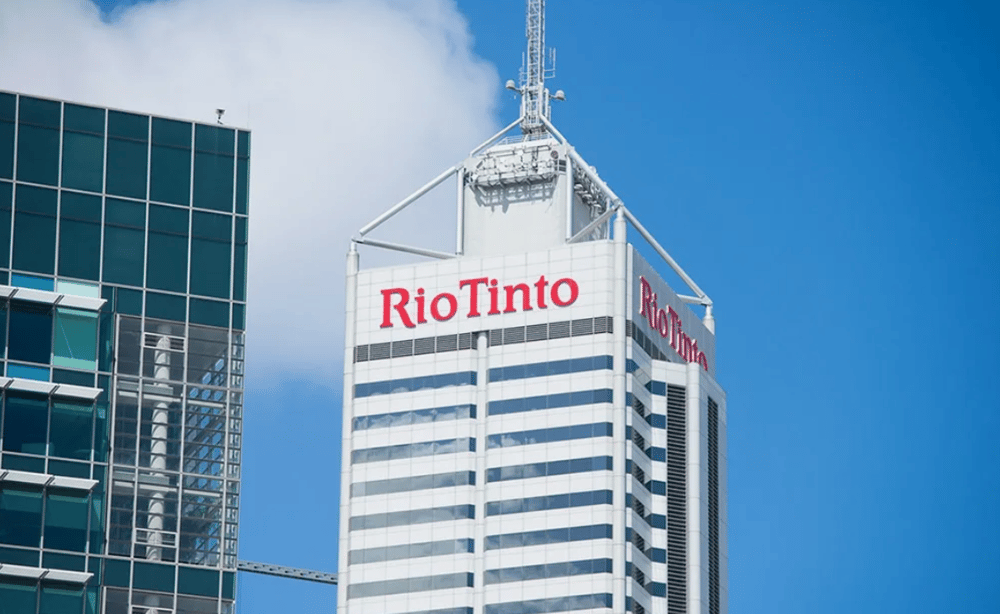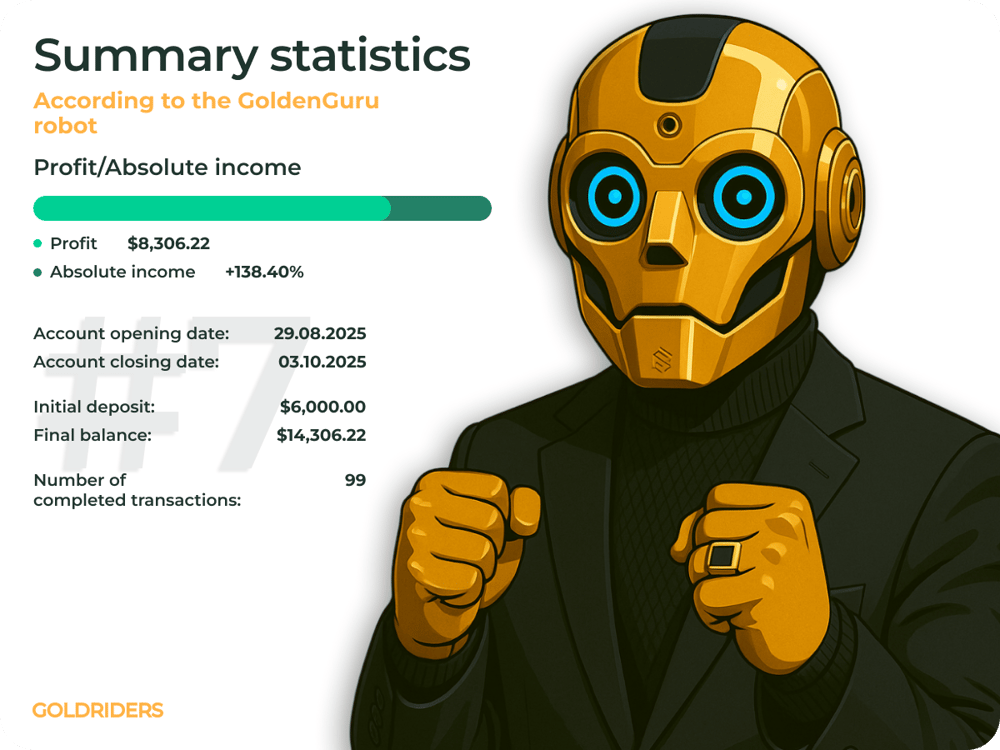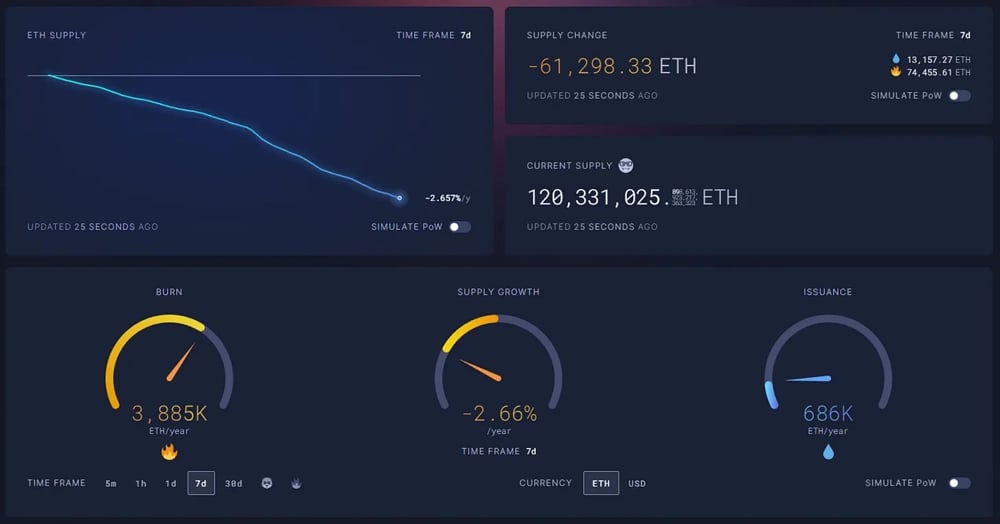Norges Bank’s Sovereign Wealth Fund Takes a Stand on Environmental Concerns with Rio Tinto and South32

Norges Bank Investment Management (NBIM), which manages Norway's sovereign wealth fund, has decided to actively engage with mining giants Rio Tinto $RIO and South32 $S32.AX over concerns related to their environmental activities. This decision, announced on Sunday, marks a significant shift in the fund’s approach to corporate governance, particularly in the context of its investments in the mining sector. The move follows the recommendation of the Norwegian Government’s Ethics Council, which had advised the fund to divest from these companies due to environmental concerns surrounding their operations.
Environmental Concerns Prompt Engagement
The Norges Bank sovereign wealth fund, one of the world’s largest, holds notable stakes in both Rio Tinto and South32. According to the fund’s latest data, it owns approximately 2.5% of Rio Tinto PLC, 0.13% of Rio Tinto Ltd, and 2.6% of South32. Despite these significant holdings, the fund has been urged to reconsider its investments in light of the companies' involvement in environmental issues, particularly in relation to a major mining project in the Amazon.

Key Environmental Issues Leading to Divestment Recommendation:
The MRN Joint Venture: The primary concern lies in the companies’ shared involvement in the Mineração Rio do Norte (MRN) project, a large bauxite mining operation in the Amazon rainforest. The environmental implications of this operation have raised alarm among environmental advocates, as the Amazon $AMZN is a critical global ecosystem.
Impact on Biodiversity: Mining activities in the Amazon are known to cause deforestation and disrupt local biodiversity, which is a significant factor in climate change mitigation. The MRN project, in particular, has been scrutinized for its environmental footprint in one of the most biodiverse regions on Earth.
Sustainability and Climate Change: Both Rio Tinto and South32 have faced increasing pressure from investors and regulators to improve their environmental sustainability practices. The global push towards more responsible and sustainable business operations has placed greater emphasis on companies within the natural resource sector to adopt environmentally friendly practices.
In response to these concerns, the Norwegian fund has decided to take a more proactive stance by engaging with the companies directly rather than following the Ethics Council’s advice to sell its shares. This marks a shift from the typical approach of divesting in response to ethical concerns, reflecting a more involved and potentially transformative engagement strategy.
Continuing Engagement and Strategic Considerations
While the fund's management has opted for active engagement, the implications of this decision are far-reaching, both for Norges Bank and the companies involved. The engagement could signal a future trend of increased scrutiny and involvement by sovereign wealth funds and other institutional investors in ensuring the alignment of corporate actions with environmental sustainability goals.

Potential Outcomes of Engagement with Rio Tinto and South32:
Stronger Sustainability Commitments: The engagement could prompt Rio Tinto and South32 to adopt more stringent environmental and sustainability practices, especially in high-risk regions like the Amazon. This could lead to enhanced monitoring and reporting of environmental impacts.
Increased Investor Pressure: Other institutional investors may follow Norges Bank’s example, potentially exerting more pressure on companies in the mining and natural resource sectors to improve their environmental credentials.
Risk of Public Backlash: If the companies do not address the environmental concerns adequately, the engagement strategy may backfire, leading to reputational damage for both the companies and the sovereign wealth fund. Public perception regarding the fund’s commitment to sustainability could be impacted.
The fund’s decision underscores the increasing importance of environmental, social, and governance (ESG) factors in investment decisions. With growing global awareness around climate change and sustainability, the financial community is increasingly placing emphasis on aligning investment portfolios with long-term environmental goals.

Conclusion: A New Approach to Corporate Governance
Norges Bank Investment Management’s shift towards active engagement rather than divestment reflects a growing trend within institutional investment strategies to influence corporate practices positively. By engaging directly with Rio Tinto and South32 over environmental concerns, the Norwegian sovereign wealth fund is asserting itself as a leader in promoting sustainability within the mining industry.
This approach, while still under development, may serve as a model for other sovereign wealth funds and institutional investors aiming to balance financial returns with social and environmental responsibilities. The outcome of these engagements will not only impact the future operations of Rio Tinto and South32 but could also set a precedent for how large investors interact with corporations facing significant environmental challenges.
The decision to engage, rather than divest, demonstrates a broader shift in the investment world, where ESG factors are playing an increasingly critical role in determining both investment strategies and corporate governance practices.














Comments